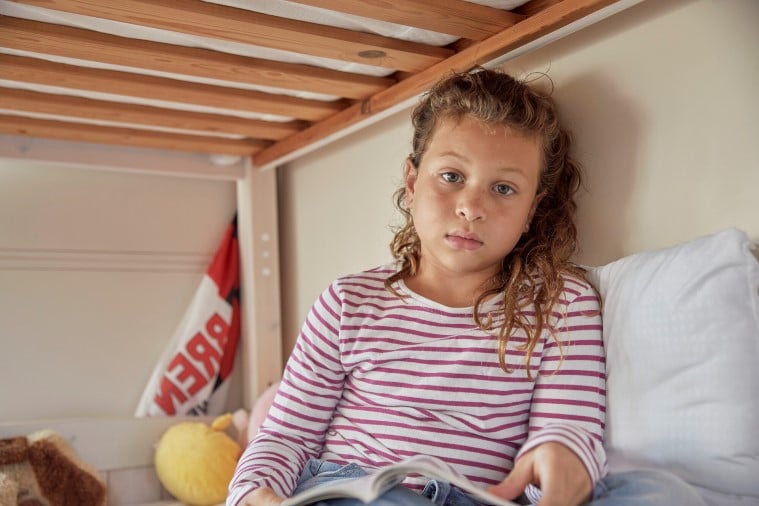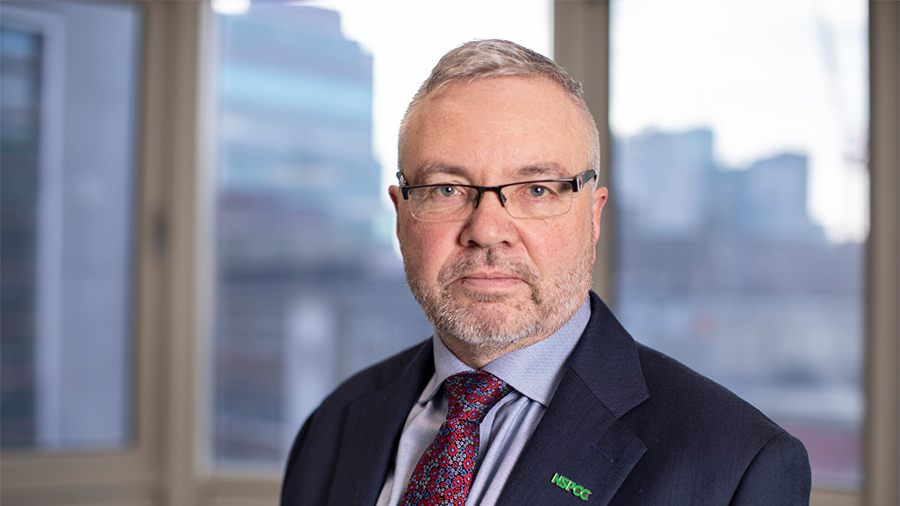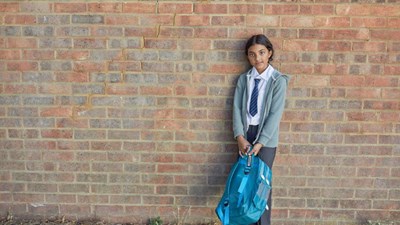New data shows recorded offences of adults neglecting, mistreating, or assaulting children have doubled over the last 5 years.

- Reported cases of children in England being subjected to cruelty or neglect have risen year on year, doubling over 5 years.
- This rise comes as the child protection system faces significant pressures.
- We're calling on the government to invest in a well-resourced child protection system that can respond effectively to reports of cruelty and neglect.
We are concerned that the number of child cruelty offences is increasing steadily year on year. Our analysis of Freedom of Information data from police forces in England has found there were 29,405 offences recorded between April 2022 and March 2023, increasing from 14,263 offences recorded between April 2017 and March 2018.
These figures come after a series of court cases into the deaths of babies and children, including 18-month-old Alfie Phillips, whose mother and partner were found guilty of his murder last week.
A well-resourced and effective child protection system, that identifies risks to children as early as possible and is able to take swift action, is vital to help improve the lives of children and young people.





